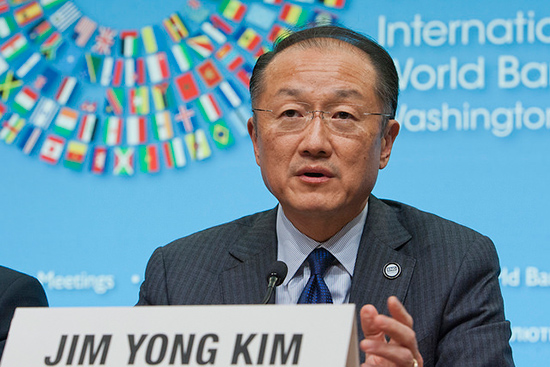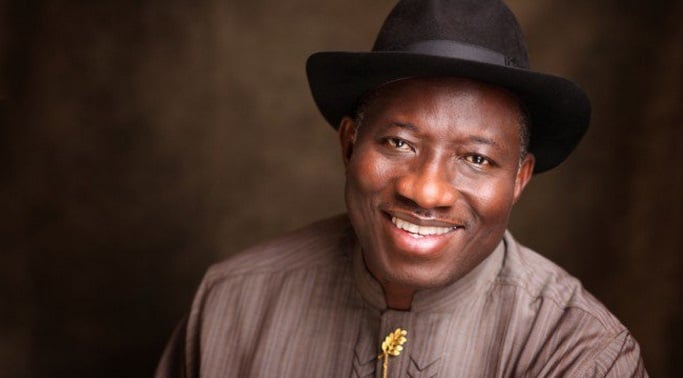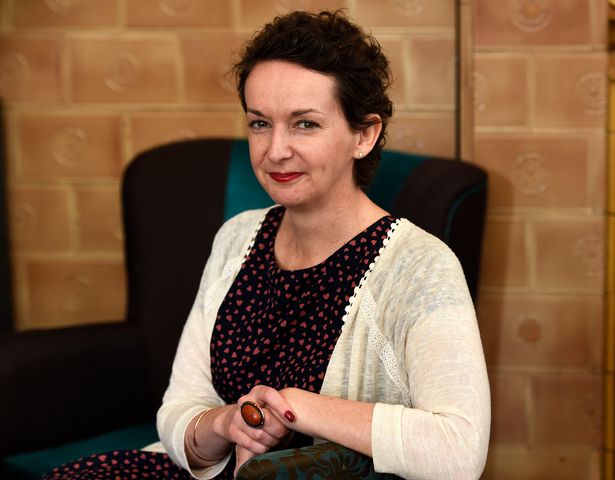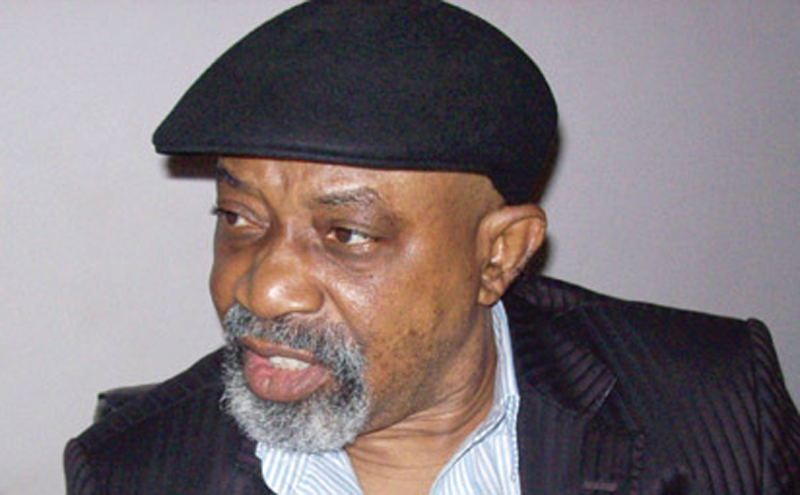Jim Yong Kim, president of the World Bank, has identified with the ongoing migrant crisis in the world, saying he was once a refugee.
The 55-year-old Korea born American said this while fielding questions from journalists at the 2015 WBG/IMF annual meeting in Lima, Peru.
He commended European countries for their efforts in settling migrants off the coast of Libya.
“We’ve been watching carefully, and we have been very moved by the efforts of European countries to help as they can, but we also know that’s very difficult,” he said.
Advertisement
“You know me, I was an economic refugee myself in 1964, and I understand very well both from the perspective of someone coming into a country when they don’t speak the language, and they don’t understand the cultural norms.
“But we came as singular family and the hundreds of thousands that are coming, of course are causing a great challenge. We are now looking for innovative ways of dealing with the refugee crisis so that people will be more likely to stay in the area.
“If we can create jobs, if we can create better schools, if we can do more to help the refugee stay in those areas, whether now just overflowing, then I think we’ll have a good solution.”
Advertisement
He also revealed that he has been discussing with Angela Merkel, German Chancellor and David Cameron, UK prime minister and other world leaders on the need to be more creative and effective in dealings with refugees.
He added that the lifespan of being a refugee is 17 years, appealing that the world provides them with better job opportunities.
“We are going to really focus on regional integration. Also the average lifespan of a refugee as a refugee of 17 years, so we can’t think of this a short-term humanitarian response, we have to think of different ways of providing better job opportunities and better education.
“But also, we have really think ahead about rebuilding and recovery in places like Syria. So already laying the groundwork for what we are going to do, we are following things like, which are the hospitals, which are the schools that need to be rebuilt so that we can move much more quickly.”
Advertisement
Add a comment






